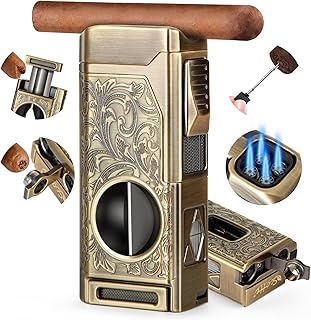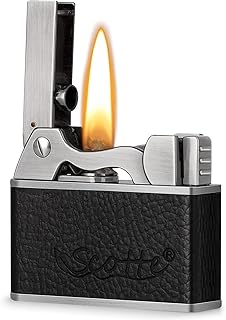To answer your question about sustainable lighters, here are some key points:
Sustainability of Lighters:
* Fuel Source: The most common fuel for lighters is butane, which is a fossil fuel. This makes lighters inherently unsustainable in terms of reliance on finite resources.
* Environmental Impact: The manufacturing and disposal of lighters can contribute to pollution and waste.
* Alternatives:
* Refillable Lighters: Choose lighters that can be refilled with butane rather than disposable ones.
* Electric Lighters: These are powered by rechargeable batteries and eliminate the need for butane.
* Solar-Powered Lighters: These offer an even more sustainable option as they don't require any fuel or batteries.
* Fire Starters: For outdoor use, consider natural fire starters like cotton balls soaked in wax or dryer lint.
Key Factors to Consider for Sustainable Lighters:
* Material: Look for lighters made from recycled or renewable materials.
* Durability: Choose a lighter built to last, minimizing the need for replacements.
* Refill Options: Opt for lighters that can be refilled with butane or rechargeable electric lighters.
* Disposal: Check if your local area has a proper disposal system for lighters.
In Conclusion:
While traditional butane lighters pose environmental challenges, sustainable options are available. By choosing refillable, electric, or solar-powered lighters, you can reduce your impact on the environment.


